Omega Plus publishes Dictionary of Fears and Freaks by Kate Summerscale, translated by Tran Duc Tri, including 99 phobias and manias. The book is part of Omega Plus's Biomedical book collection.
The fears and phobias are arranged alphabetically in English from Ablutophobia (fear of cleanliness) to Zoophobia (fear of animals), or can be divided into thematic groups such as: body, noise, isolation, touch…
The book takes readers on a journey to understand the origin and psychological mechanisms of obsessions, contributing to excavating the history of human strangeness from the Middle Ages to the present.
The work also offers explanations and some positive, effective treatments for the most powerful fears and hysterias.
Telephonophobia
Doctors at a Paris hospital first diagnosed "téléphonophobia" in 1913. Their patient, "Madame X", was gripped by a terrible anguish at the sound of the telephone ringing, and every time she answered it she would freeze and become almost unable to speak.
A Welsh newspaper sympathised with her plight. “If you think about it, practically every telephone user has it,” commented the Merthyr Express. “This ‘telephone phobia’ is a horribly common affliction.”
In the early years of telephones, some people feared that the devices would electrocute them, as Robert Graves did while serving in World War I.
The poet was taking a call from a fellow officer when lightning struck the line, giving him a severe shock that left him spinning. More than a decade later, he said he would slur his speech and sweat if he used the phone.
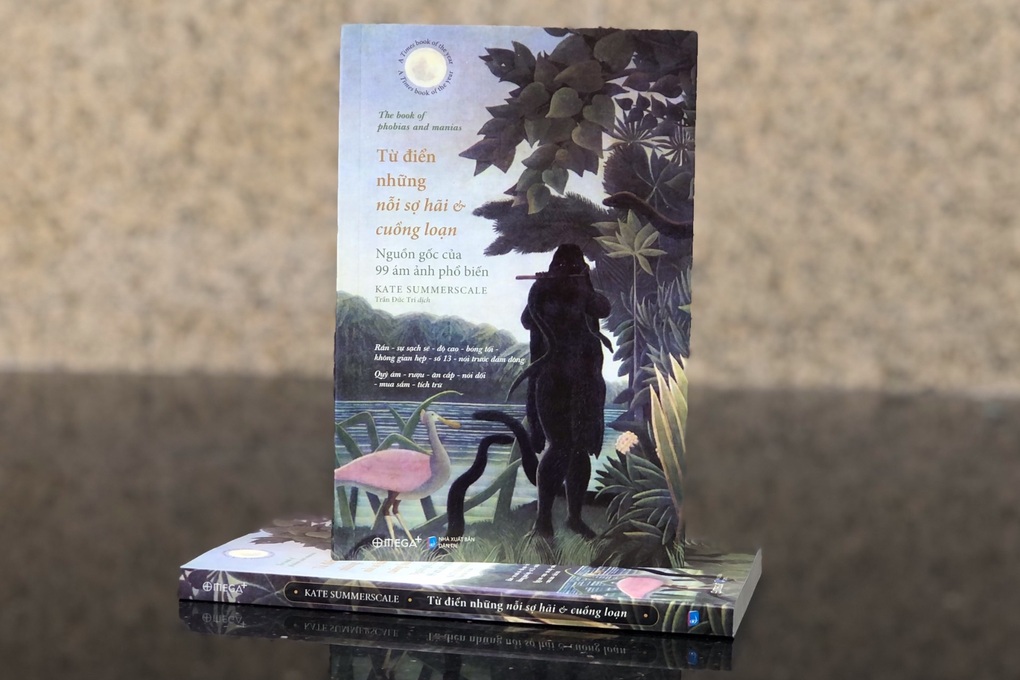
Cover of the book "Dictionary of Fears and Hysteria" (Photo: Omega Plus).
George V's widow, Queen Mary (born 1867), remained afraid of making telephone calls until the end of her life - shortly before her death in 1953, her eldest son, the Duke of Windsor, told the press that she had never taken a call.
The telephone can seem like a sinister, disturbing device. It “rings loudly from the depths of the bourgeois house,” observes literary scholar David Trotter, “to expose its contents.”
Its authoritative ringing is a sudden and relentless assault on privacy. In Prague in the 1910s, Franz Kafka developed a fear of the telephone, which seemed almost supernatural to him in its ability to separate the voice from the body.
In Kafka's short story My Neighbor (1917), a young businessman imagines that his rivals can hear his calls through a wall, as if the device had completely broken through physical barriers.
Now that we have so many different ways to communicate remotely, the fear of making and receiving phone calls is back.
In 2013, a survey of 2,500 office workers aged 18 to 24 found that 94% of them would rather send an email than make a phone call, 40% felt anxious about making a phone call, and 5% were “terrified” at the thought of doing so.
By 2019 the situation seemed to have worsened: in a survey of 500 British office workers of all ages, 62% worried about phone calls.
Some fear that, without a chance to prepare a response, they will sound stupid or strange; others fear not being able to understand the caller; others fear being overheard—in an open-plan office, not only can the person on the other end of the line judge what we say, but so can our colleagues.
The survey's most phone-phobic respondents were the youngest: 76% of millennials (those born in the 1980s and 1990s) said they feel anxious when their phone rings.
In a 2016 Guardian article, Daisy Buchanan explained that she and her friends were not only less accustomed to phone calls than adults, but also more sensitive to their impact on others.
“Millennials’ attitudes toward phone calls are really about attitude,” she writes. “We grew up with so many communication options available, and we gravitate toward the least disruptive ones because we know what it’s like to be digitally agitated across multiple channels.”
An unsolicited phone call can feel just as aggressive and assertive as it did a century ago: an unacceptably harsh form of conversation.
Source





![[Photo] President Luong Cuong receives US Secretary of War Pete Hegseth](https://vphoto.vietnam.vn/thumb/1200x675/vietnam/resource/IMAGE/2025/11/02/1762089839868_ndo_br_1-jpg.webp)
![[Photo] Lam Dong: Images of damage after a suspected lake burst in Tuy Phong](https://vphoto.vietnam.vn/thumb/1200x675/vietnam/resource/IMAGE/2025/11/02/1762078736805_8e7f5424f473782d2162-5118-jpg.webp)



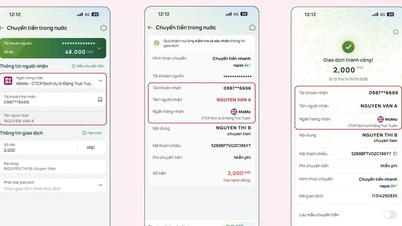

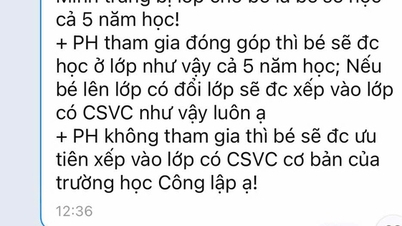
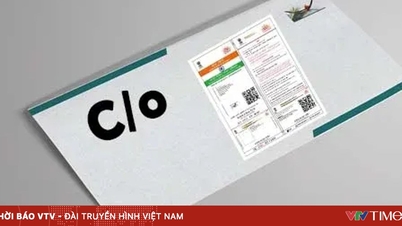



















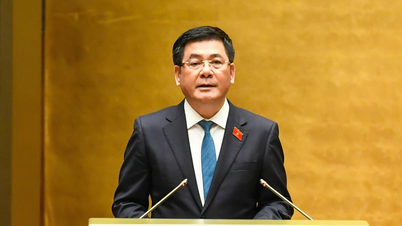



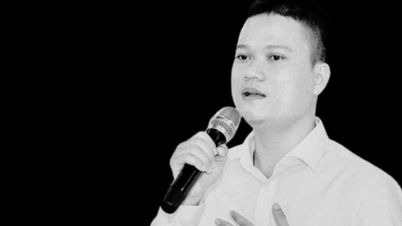

































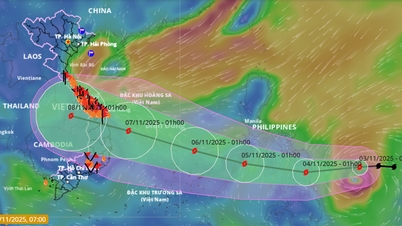
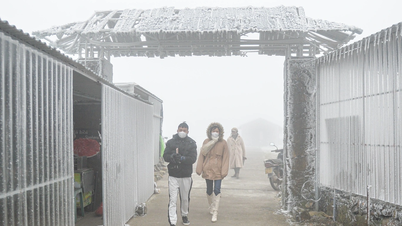


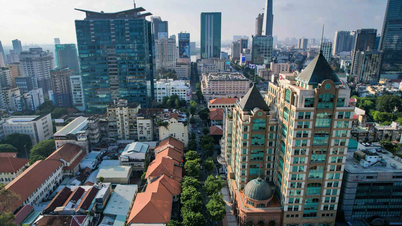

































Comment (0)